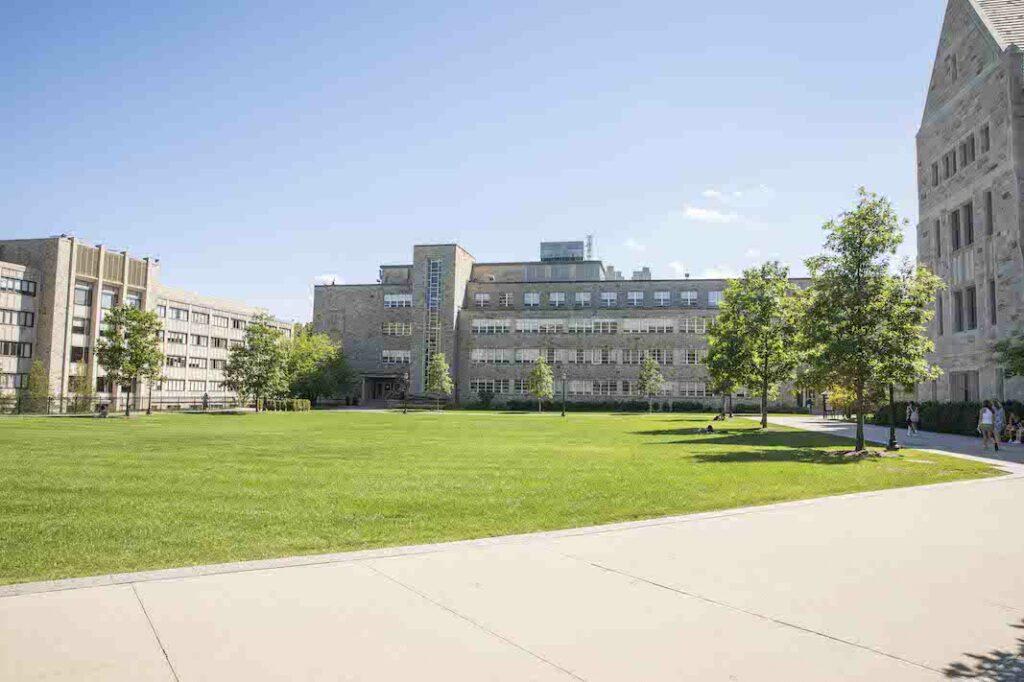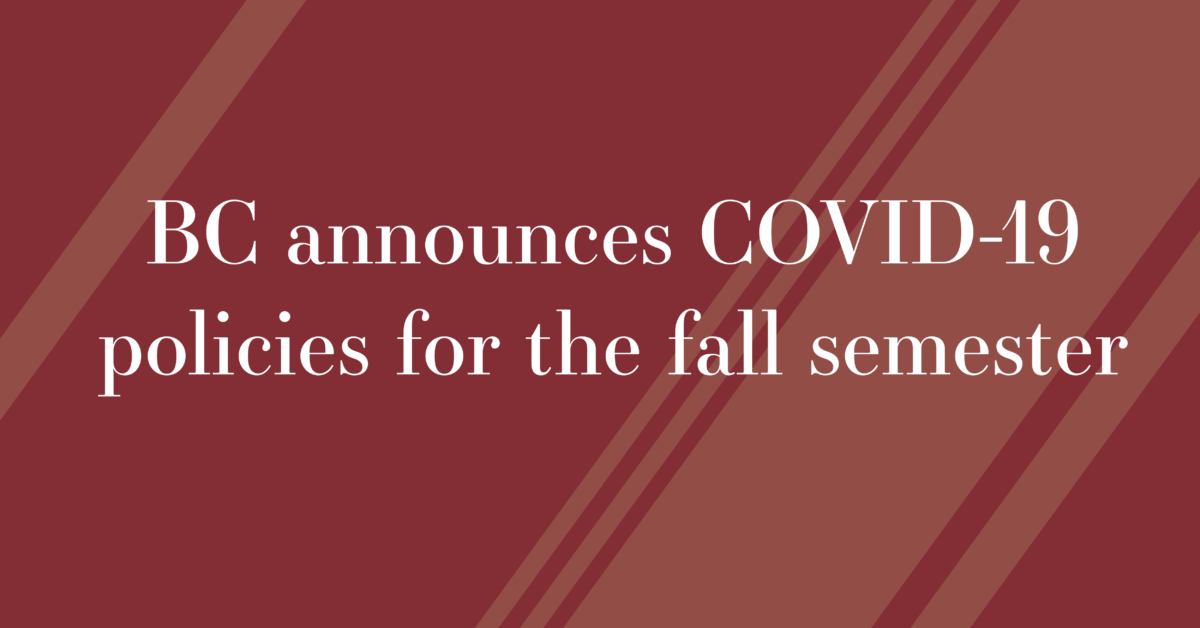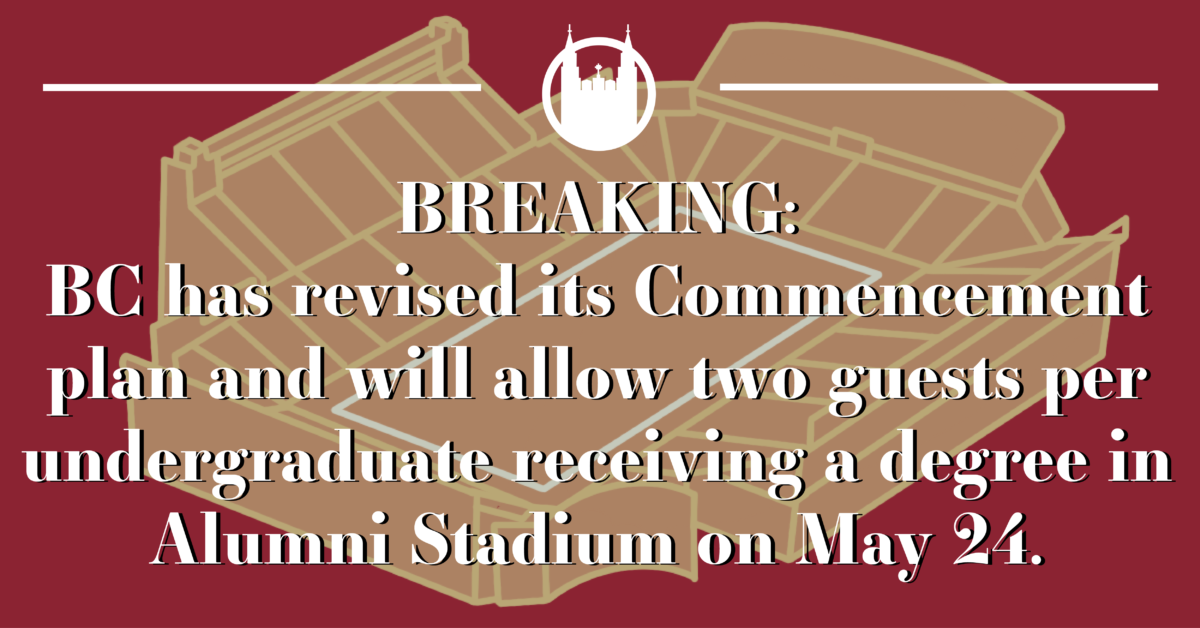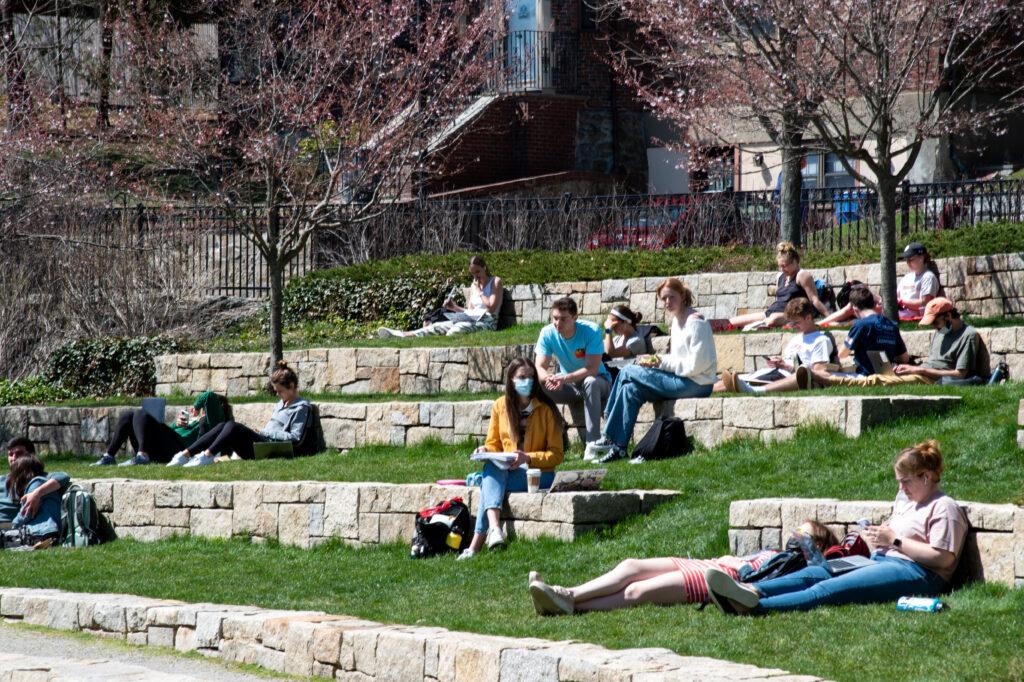But forced to adapt its programming during the COVID-19 pandemic, BC adapted the fair into an online format this year. Students found out about how to join new clubs on Friday by logging into the MyBC online portal and shopping around various Zoom information sessions.
“[The format] is okay,” said Thomas Pierce, a member of the Cryptocurrency Club and CSOM ’21. “It’s what we expected. … The big clubs get the meetings, but our club’s definitely more niche. We’ve had a good amount of kids come through here though, more than we were expecting at least.”
Pierce said that his club had 12 signups by 1:30 p.m., while in past years they would typically have around 40 people by then. Other groups noted that while it was difficult not being able to pull in random students as they roamed around the Stokes Lawn, the virtual format still worked well given the circumstances.
“It’s best-case scenario, I think,” said Angela Kenney, a member of club field hockey and MCAS ’22. “I mean, we’d want to be out on the quad with everyone, screaming people’s names like, ‘Get over here!’ But I mean this is the best-case scenario, so I think it’s been going pretty well so far.”
Sophia Barret, MCAS ’24, said that BC did a good job with the involvement fair, though she noted it did little to help her feel more comfortable with the transition to college.
“[The virtual format] was pretty easy to get a hang of, just the fact that there were so many clubs was really the most confusing thing,” Barret said. “But once you figured it out, it wasn’t that hard.”
As students transition from high school into BC, the involvement fair is one of their first chances to meet people from outside their residence halls. But with the social-distancing restrictions in place, it’s been especially hard to meet new people this year, Barret said.
“We have to keep our doors closed, and we can’t really have people over—and meeting people on the bus, with all the masks, I barely remember their faces,” Barret said.
With previous outreach strategies such as handing out flyers to random passersby on the quad no longer feasible, one way student organizations adapted was by promoting their clubs over social media.
“I think it was all about kind of doing a lot of social media advertising,” said Erin McMahon, co-president of Boston College Irish Dance and CSON ’21. “[We made] an Instagram flyer and shared it in the Facebook groups too.”
Student organizations have also had to modify the way they will operate this semester due to limits on gatherings. BC Bigs, a mentorship program that partners with Big Brothers Big Sisters of Eastern Massachussetts, had a “steady flow” of students joining their virtual involvement session. The club will operate completely remotely this semester, according to Jack Fitzgerald, a family group leader and CSOM ’21.
“As of right now, we’re 100 percent virtual, so there won’t be any trips to the schools, and they won’t be coming here,” Fitzgerald said.”
Many clubs have had to adjust their semester programming to fit within state and University social-distancing guidelines. While BC Bigs is transitioning to remote mentorship for the time being, club field hockey can only hold social events since BC canceled all club sports seasons.
“We can do coffee dates so it’s one on one, nothing intense,” said Sofia Viola, another member of club field hockey and MCAS ’22. “Just to keep everybody together so we can still see each other in one way.”
“We’re just trying to stay in touch as much as possible without breaking the rules,” added Kenney.
BC Irish Dance head choreographer Ciara Stillson, CSON ’21, said that with classes starting up and the way COVID-19 will affect campus still uncertain, clubs are on the back burner right now.
“They keep telling us things could change tomorrow—we don’t really know what the semester is going to look like,” Stillson said. “So I think our team is working on being really flexible and taking things as they come.”
Featured Image by Maggie DiPatri / Heights Editor



















